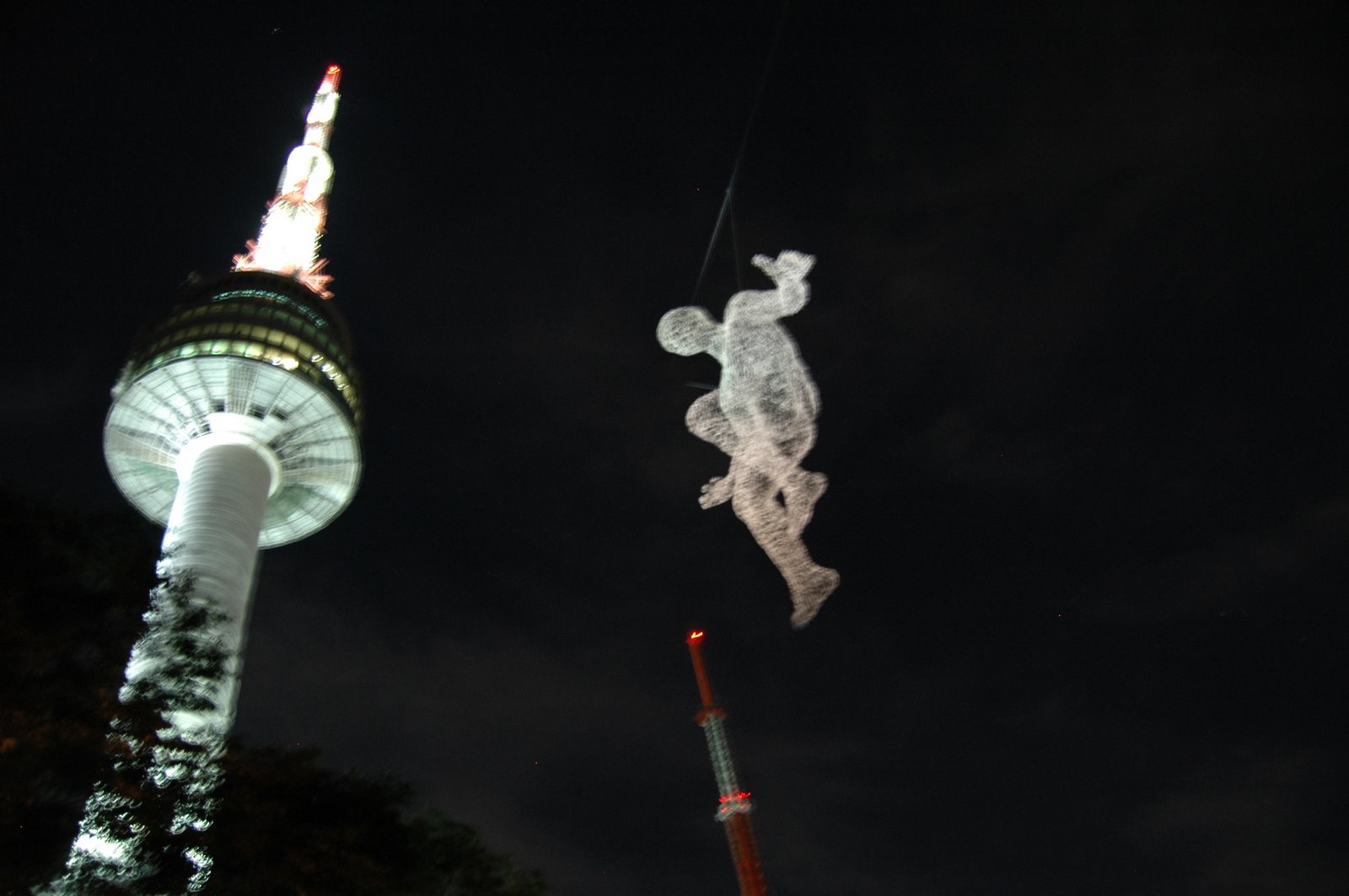 This review is forthcoming in the Korea Herald.
This review is forthcoming in the Korea Herald.
By James Frey
Pp. 502
HarperCollins 2008
It is one of the sadder tales in modern publishing history.
It goes like this: a man, James Frey, writes a book that is autobiographical in nature about addiction, about finding a way to make it through a dark spell. He tries to sell it as a novel, shopping it around to publishers and they all pass on it.
So he re-brands it, calls it a memoir, says the story is “true,” and naturally a major publishing house bites. He gets a contract and the book is released. It sells modestly until a media mogul, a woman who reaches people primarily through a television show, tells her audience that it is a great story of recovery. She puts her stamp of approval on it and the sales figures skyrocket.
The writer gets rich and noticed. In fact, he receives too much attention – a website that is owned by a television station picks up the book and fact checks it. They find inconsistencies in his story and expose them.
The media mogul then asks the writer to come on her show and embarrasses him before a live television audience and millions of viewers at home. He loses his publisher, readers are offered refunds, and he is asked to write an apology to be added to the beginning of every book.
Then he decides to write a “novel.” It’s his attempt at American Literature in the modern sense, in the (shudder)
He tries to evoke a sense of place (
It’s not a poorly written book. His style is digestible; it is easy to tolerate his lack of punctuation and run-on sentences.
For an example of his writing here is Old Man Joe, a homeless man who is 38 but looks like he is in his 70s and lives in a bathroom: “The boardwalk is loud, crowded, dirty, parking is a nightmare, it smells like fifty types of food, almost all of them fried. It is a world unto itself, and the homeless population is a world within that world. It’s dawn and Old Man Joe is awake on the beach he’s staring at the sky slowly turning blue, it’s slowly turning blue. He came this morning with the hope that he would learn why, why but he hasn’t learned anything it is as it is every morning he’s learned nothing. It’s already warm somewhere in the mid-70s. The sand is cold against the exposed areas of his skin, his hands, his ankles, neck, the back of his head. There is a light breeze. The air is wet and clean and it smells like salt and tastes like the ocean he takes deep, slow breaths, holds them, exhales, takes another.”
BSM is structured with four unconnected storylines—the homeless man, an actor, a Mexican-American maid, and a young couple from
As Frey writes that
It’s almost as if Frey was proving to us that he had done his research, or that his research could make up for his lack of real expertise on the subject. The facts and figures, those dry parcels of information, might have been put to better use as unconscious or subliminal details that shaded the narrative and the characters, rather than merely bloating the length of the book.
I should have a greater understanding of
There isn’t anything Frey doesn’t think he can write about. He writes about surfers: “Many grew up in landlocked states without salt water they saw surfing on TV or in videos they read magazines filled with pictures of long-haired men in shorts dripping wet surrounded by beautiful girls. Some tried it on family vacations and found themselves others have known it throughout the entirety of their lives. All of them find peace and joy alone on the water a serenity contentment to which they devote their lives.”
“All of them find peace and joy?” To even use words like that – serenity, contentment—what was he reading for research, a screenplay for a
One of the points of the story of
Frey has said he merely tells stories and it’s ridiculous to have to worry about the designations, whether it’s a novel or a memoir. If that is indeed his stance, then I would think he would have written something closer to truth.
I would have loved the story of “Frey’s Redemption," and I’m happy for him that he came back from all that media persecution, but I’d be happier if this was a better book. I don’t see why he didn’t just try to do what “A Million Little Pieces” did again but call it a novel. He sold out to the world of “academic literature” and we’re all worse off. There was more truth in one page of AMLP than in this entire book.





No comments:
Post a Comment